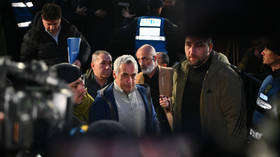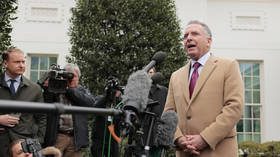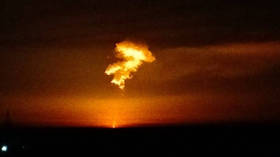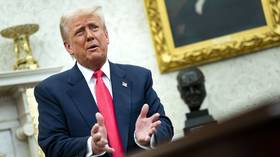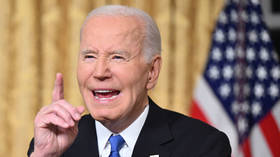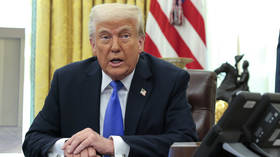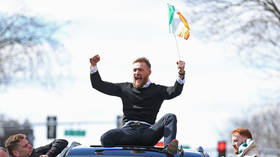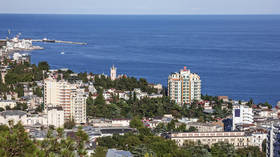“Many were wounded, but did not leave the battlefield” – WWII remembered
RT presents War Witness – a special project dedicated to the 65th anniversary of the Victory in the Second World War.
World War II veterans recount their stories about the war, how it began and what happened in the very first days of the fighting.
Dmitry Yazov, the last Marshal of the Soviet Union and former Minister of Defense, was severely wounded during the fight but stood firm as many other soldiers did and continued to fight on.
“I continued fighting even though I was wounded. There was no alternative before we successfully finished the operation and liberated Ivangorod in Narva. Many had three or four wounds, but they did not leave the battlefield."
Albert Paze, mortar gunner from 130th Latvian regiment, remembered that when they entered the village, it was burned down “with just foundations and chimneys rising above the ground”. And there was not a living soul in view, but they saw a woman who gave a big potato to each of them.
“It was so moving, and I was thinking – she possibly had children and everything around was burned down. Where did she find those potatoes?” he says, adding “It was so to the point because we have gone without food for three days.”
“The kindness, the love of homeland – it was the main reason why it was we and not them. There were a lot of casualties of course but we won after all.”
Belarusian tank battalion commander Aleksandr Fen says they found a boy in a burnt-out village who had lost his family, and so they took him along with them. First the boy did not talk at all, but then he was fed and taken care of. “So he had come back to life, so to speak,” the veteran remembered.
“This is a childhood the poor kids had, but we were proud of them.”
Vladimir Zhilkin, a junior artillery lieutenant from Russia, remembers how they saw German boys with weapons marching on them. At that time Russian soldiers did not know what to do. They were from the “Hitler Jugend”, which took part in the Berlin defense effort as part of the Nazi’s forces.
“And now imagine our condition – boys are marching on us, 14-year-old boys or maybe even younger,” he said. The main question was what to do. The Red Army fired above them and into the ground in front of them, but the little soldiers approached even faster and opened fire.
“We had nothing to do but to fire point-blank. When the first real shots were fired, the German boys were scared away in no time.”



